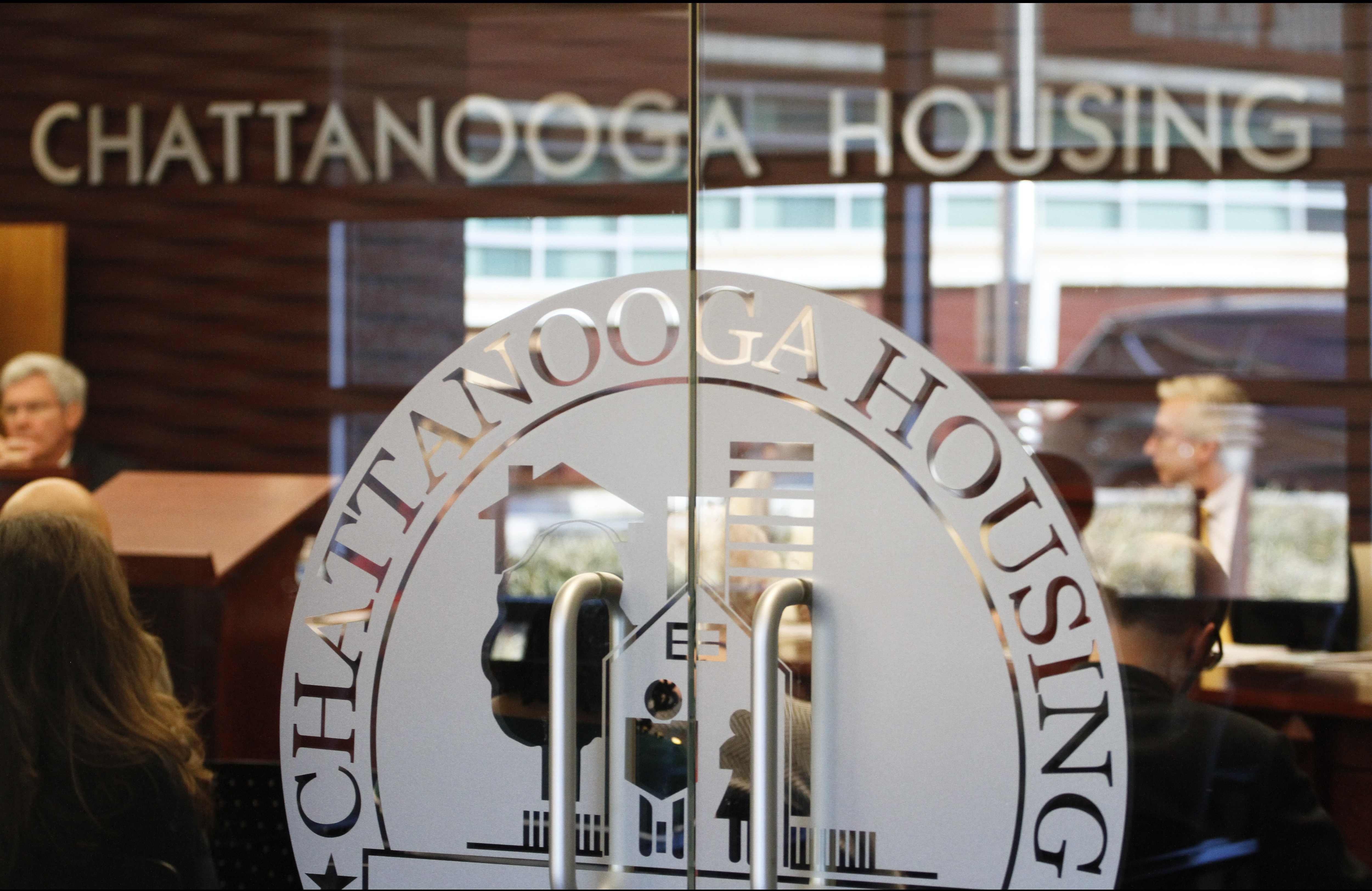What's next at the 36-acre ghost town that once housed 440 families in the Harriet Tubman Homes?
Finally, after two years of trying to sell one of the largest public housing complexes in the city, the Chattanooga Housing Authority last week accepted the city's offer of $2.6 million in cash.
Chattanooga Mayor Andy Berke pledged that his proposal to demolish the decades-old brick buildings would bring jobs to East Chattanooga.
"The way to raise this neighborhood is by bringing jobs here. That benefits East Chattanooga and helps the entire city," Berke said at a news conference in front of the empty, boarded-up site.
And he said the city is still exploring ways to bring jobs to the area, including demolition and construction jobs.
The sale has not been without controversy. Some East Chattanooga residents have said the site needed to continue to provide affordable housing - something the city has a great need for. Yet there also is a need for jobs. And in order to lure those jobs, there is a need for large tracts of land within the city's core. This tract was the perfect bull's-eye for all of those needs.
The crux of "what's next" is whether Berke and other city leaders can bring home the bacon for all of those needs. Can we bring jobs to this site that not only benefit the city as a whole but also benefit the residents of this community? If necessary, can we find ways to provide training so that not all the workers at the former Tubman site are driving in every day from Hixson or Brainerd or a nearby mountain? And can we lure developers to build affordable homes on smaller, vacant lots in the community?
It's a tall order. And, as the mayor is fond of saying, if it was easy someone would have done it already.
More than 2,700 people live in the 1.1-square-mile census tract where the Tubman property sits. About 96 percent are black and the median household income is $15,197. Only 67 percent have at least a high-school education.
At least part of the work is done. The city now has to close on the sale and seek proposals for demolition to get the site prepared for an employer.
In the meantime, city leaders can continue to focus on programs for affordable housing and job training.
City Council Chairman Yusuf Hakeem also said he is pleased the city is finally obtaining the land.
"It gives hope for the residents of East Chattanooga that the city is committed to doing things differently than it's been done in the past," he said.
Part of that "doing things differently" means making development costs less on smaller tracts so developers can build more affordable housing and still make a profit.
Hakeem said the city has a plan to give away city-owned land to private developers who would then be required to rent to people who fall within a very low income range. The city has identified 30 to 40 vacant lots that will be made available. The housing will be privately owned when complete.
Corporate welfare? Not if it achieves affordable housing with the added benefit of new jobs within walking distance - like at Tubman.
Yes, it is a tall order. But it's also a worthy one.

